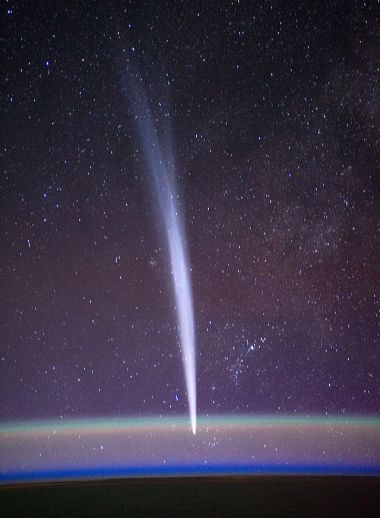Scientists question whether the Big Bang created the universe

Scientists in Canada and Egypt recently published research that questions whether a "Big Bang" created the universe.
The Big Bang theory holds that the explosion of a particle nearly 14 billion years ago was the starting point for the universe, but the most recent research questions if the universe has a beginning or an end.
Saurya Das at the University of Lethbridge in Canada and Ahmed Farag Ali from Benha University in Egypt proposed that the universe has existed infinitely, and analysed their hypothesis by applying quantum correction techniques such as Raychaudhuri's equation to Einstein's theory of relativity.
"As far as we can see, since different points in the universe never actually converged in the past, it did not have a beginning," Das said, according to Tech Times. "'It lasted forever. It will also not have an end. In other words, there is no singularity."
The research was published last month in the scientific journal Physics Letter B, and also considered the properties of dark matter and dark energy.
The scientific community is learning more about the hypothetical properties, and much of the analysis correlates with Einstein's research from nearly a century ago. This suggests that the universe is static, as opposed to expanding.
"We expect our main results to continue to hold even if and when a fully satisfactory theory of quantum gravity is formulated," the researchers said.
"For the cosmological constant problem at late times on the other hand, quantum gravity effects are practically absent and can be safely ignored."
Brian Koberlein of the Rochester Institute of Technology emphasised that the study does not question whether a Big Bang or cosmic inflation happened, but rather that it did not create the universe.
"The big bang is a robust scientific theory that isn't going away, and this new paper does nothing to question its legitimacy," he wrote on his website.
According to the Science Recorder, the proposition that the Big Bang did not create the universe has gained traction in the past year, after material believed to be ancient gravitational waves turned out to be space dust.











